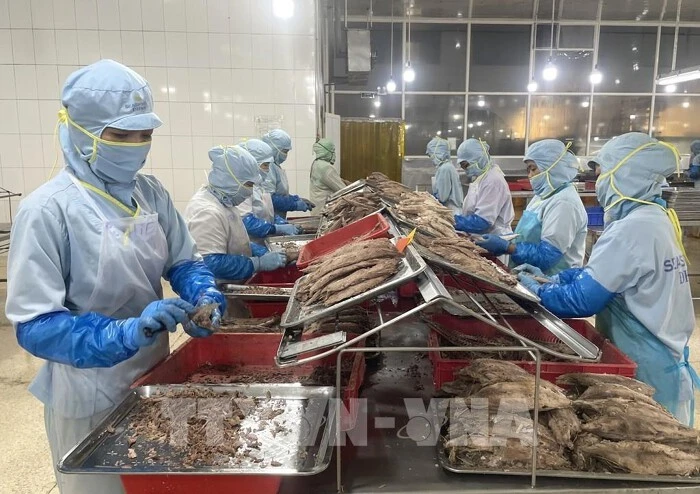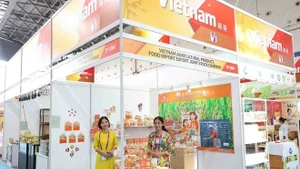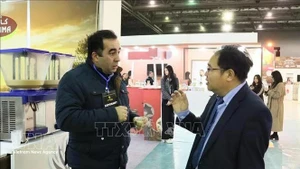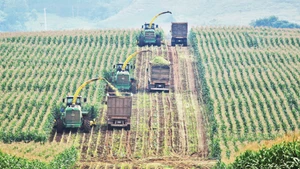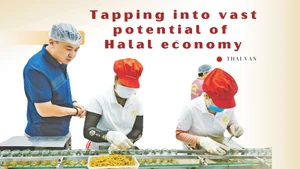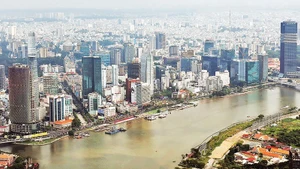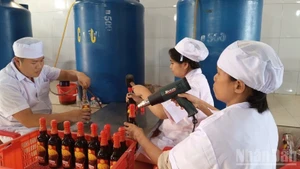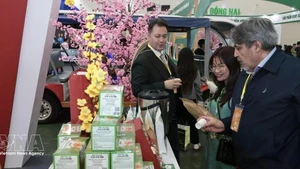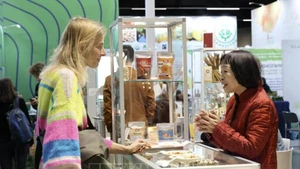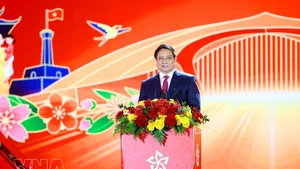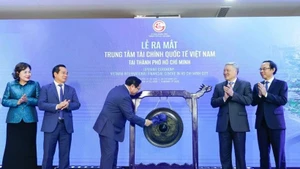Tran Van Cong, Viet Nam’s Agricultural Counsellor to the EU, noted that the bloc is among the world’s top three importers of farm produce, with its demand expected to approximate 364 billion USD in 2025. Despite this, Viet Nam holds only a 2% share – still modest compared to its agricultural production capacity and potential, which indicates vast growth potential in the EU if backed by a proper strategy.
In 2024, Viet Nam’s agricultural exports to the EU reached 5.44 billion USD, placing the country 12th among the bloc’s top suppliers. Notably, in the first half of 2025 alone, the turnover hit 4.17 billion USD, up 50% year-on-year, reflecting the strong and sustained growth of agricultural trade between the two sides.
Coffee is one of Viet Nam’s key foreign currency earners, with the EU accounting for over 40% of the country’s total coffee export value. Aside from surged prices, this was also driven by businesses' greater focus on deeply processed and speciality coffee products, which not only generate high added value but also boast sustainable competitiveness in the global market.
Phan Minh Thong, Chairman of the Phuc Sinh JSC, said his company is strongly developing the speciality arabica coffee of the northwestern region, prized by international roasters for its unique flavour and high purity. In addition, the firm is also promoting speciality robusta to reposition the Vietnamese robusta brand in the global market.
Meanwhile, EU consumers are shifting strongly toward green, clean, and traceable products, said Viet Nam’s Trade Counsellor in Belgium and the EU Tran Ngoc Quan, suggesting that to tap into this market, Vietnamese businesses should pay attention to distinctive products such as high-quality coffee, certified coffee, speciality coffee, and deeply-processed products.
In particular, the EU is tightening environmental standards such as the EU Deforestation Regulation (EUDR), which requires supply chains be transparent from farm to finished products, he added.
Nguyen Nam Hai, Chairman of the Viet Nam Coffee and Cocoa Association (Vicofa), perceived that the country needs a long-term coffee development strategy to sustain and expand its foothold in the global market. The sector should not pursue growth by boosting output but switch to promoting quality and value.
To seize opportunities, Cong urged enterprises, industry associations, ministries, and sectors to promote the export of Viet Nam's strong commodities such as processed fruit and vegetables, processed coffee, black tiger shrimp, internationally certified eco-shrimp, wood flooring, and natural rubber.
The Ministry of Agriculture and Environment should promptly finalise dossiers to submit to the EU to seek market opening for terrestrial animal products, while staying updated with new regulations such as the EUDR and giving timely guidance to businesses and localities.
In addition, he went on, Viet Nam needs to accelerate negotiations with the European Commission to have the “yellow card” warning over illegal, unreported, and unregulatred (IUU) fishing removed, develop safe farming zones, improve product quality, build strong brands, and step up trade promotion in this market.
Deputy Minister of Agriculture and Environment Tran Thanh Nam noted the ministry will strengthen examination and settlement of the products subject to the EU's enhanced examination such as dragon fruit, okra, chilli, and dragon fruit. At the same time, more material production zones meeting export standards will be developed and organic farming expanded to meet the EU's increasingly stringent requirements.
Despite existing barriers, the EU remains a strategic market that Viet Nam must pursue. By effectively leveraging opportunities and incentives brought about by the EU - Viet Nam Free Trade Agreement (EVFTA), enhancing competitiveness, and flexibly adapting to new regulations, the agro-forestry-fishery sector can secure its position, expand market share, and elevate the national agricultural brand in the international arena.
